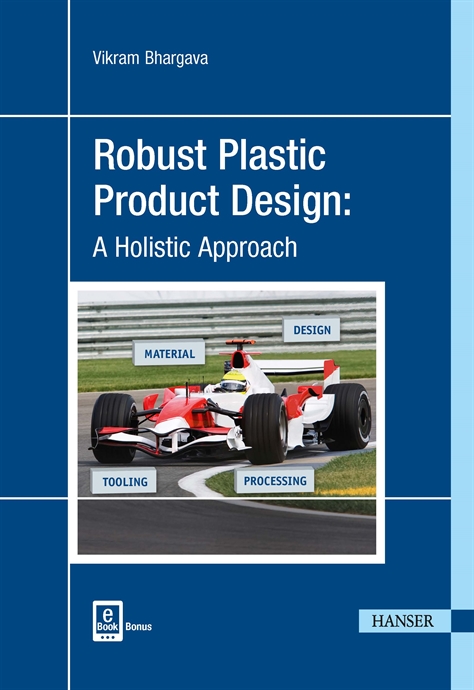Beginning next year, the U.S. labor force will stop growing, marking the beginning of a generation-long trend, predicts Edward E. Gordon, author ofThe 2010 Meltdown: Solving the Impending Jobs Crisis. He believes that, as more baby boomers reach retirement, some 70 million of them will be leaving the work force between 2010 and 2020, while only 40 million new workers will enter the job pool.
How well are young people preparing, and being prepared, to take advantage of the opportunities that this labor shortfall offers? Charles Murray, the W.H. Brady Scholar at the American Enterprise Institute, examines this issue from several very different perspectives in a three-part series on education recently published inThe Wall Street Journal. Dr. Murray’s remarks range broadly across the spectrum of education and we commend them to your close attention. You can find the series on the Institute’s web sitewww.aei.org.
The remarks directly germane to this discussion concern vocational schools as an alternative to the traditional 4-year college and, more importantly, their increasingly important role in preparing a wide range of students for gainful and satisfying employment.
Without in any way dismissing the obvious need for medical doctors, lawyers, engineers, scientists and the like to be trained in colleges and universities, Murray says that many students currently in college are either marginally qualified, or don’t really want to be there. They are in college to improve their chances of making a good living. What they really need, he says, is vocational training, but nobody will say that because vocational training is “second class” while college is “first class.”
Most of these people would be far better served attending a 2-year vocational program, Murray believes. As evidence, he notes it’s easy to find a good physician or lawyer. Tool and die makers, carpenters, welders, electricians, long-haul truck drivers, masons-the list goes on-are another story entirely. Many graduates of 2-year colleges and vocational schools can already prove their value to potential employers. Murray says the ability to present an employer with evidence that you are good at something, without benefit of a college degree, will continue to increase, and so will the number of skills to which that evidence can be attached. Journeymen and master craftsmen are in high demand, they command wages into six figures and they have work in a soft economy. Oh, and their jobs can’t be outsourced to India.
This leads us to the question of whether there is a disconnect between the needs of business and manufacturing, and the principal focus of our educational establishment. What’s your opinion on this? What is your experience, both in your own career and the careers-pending or current-of your children? If indeed there is a disconnect, especially if it is widening, that represents a serious problem for U.S. manufacturing, and for our country. We’d like to hear from you; let us know what you think atheglandd@bnpmedia.com.
Get our new eMagazine delivered to your inbox every month.
Stay in the know on the latest assembly trends.
SUBSCRIBE TODAY!Copyright ©2024. All Rights Reserved BNP Media.
Design, CMS, Hosting & Web Development :: ePublishing



